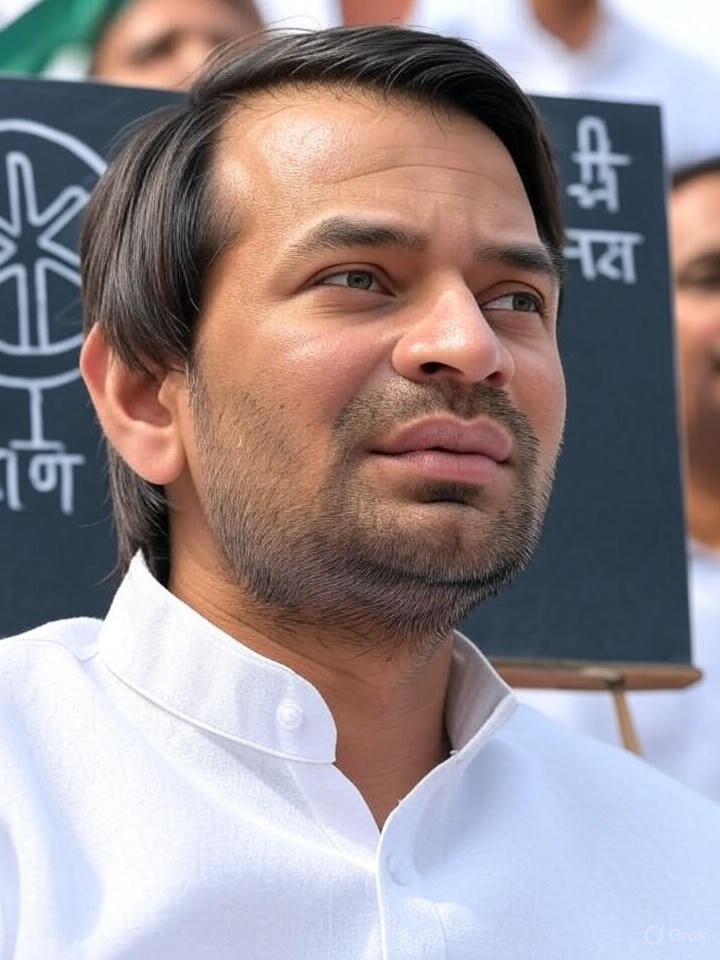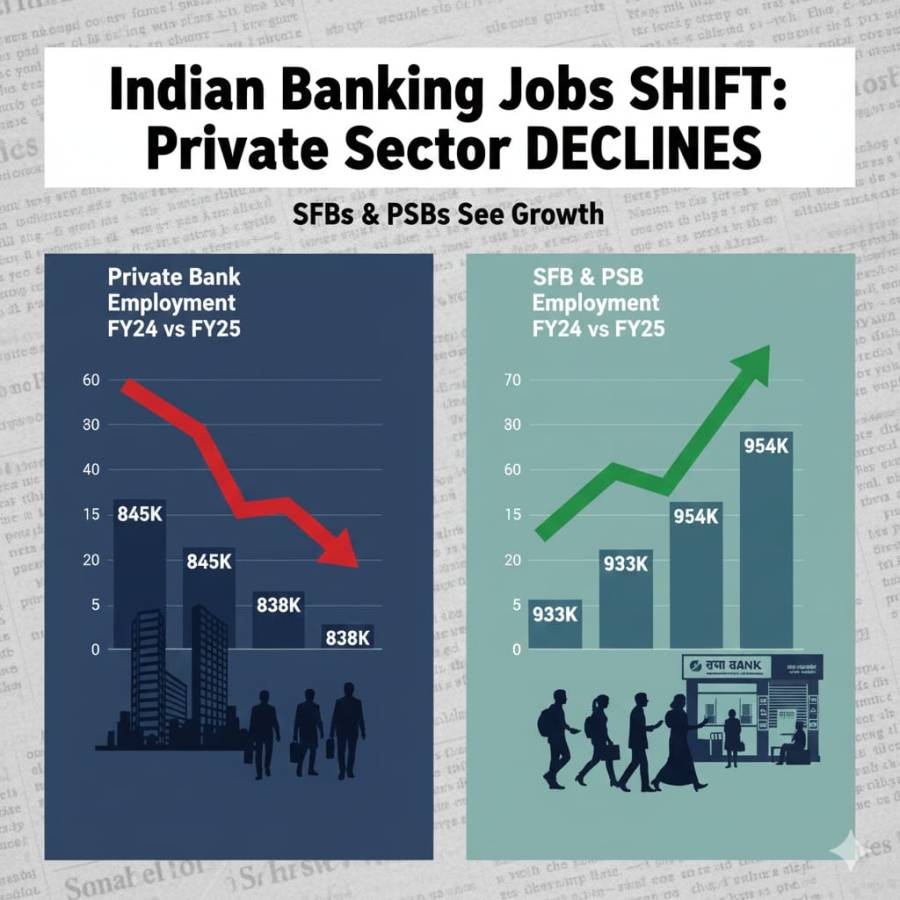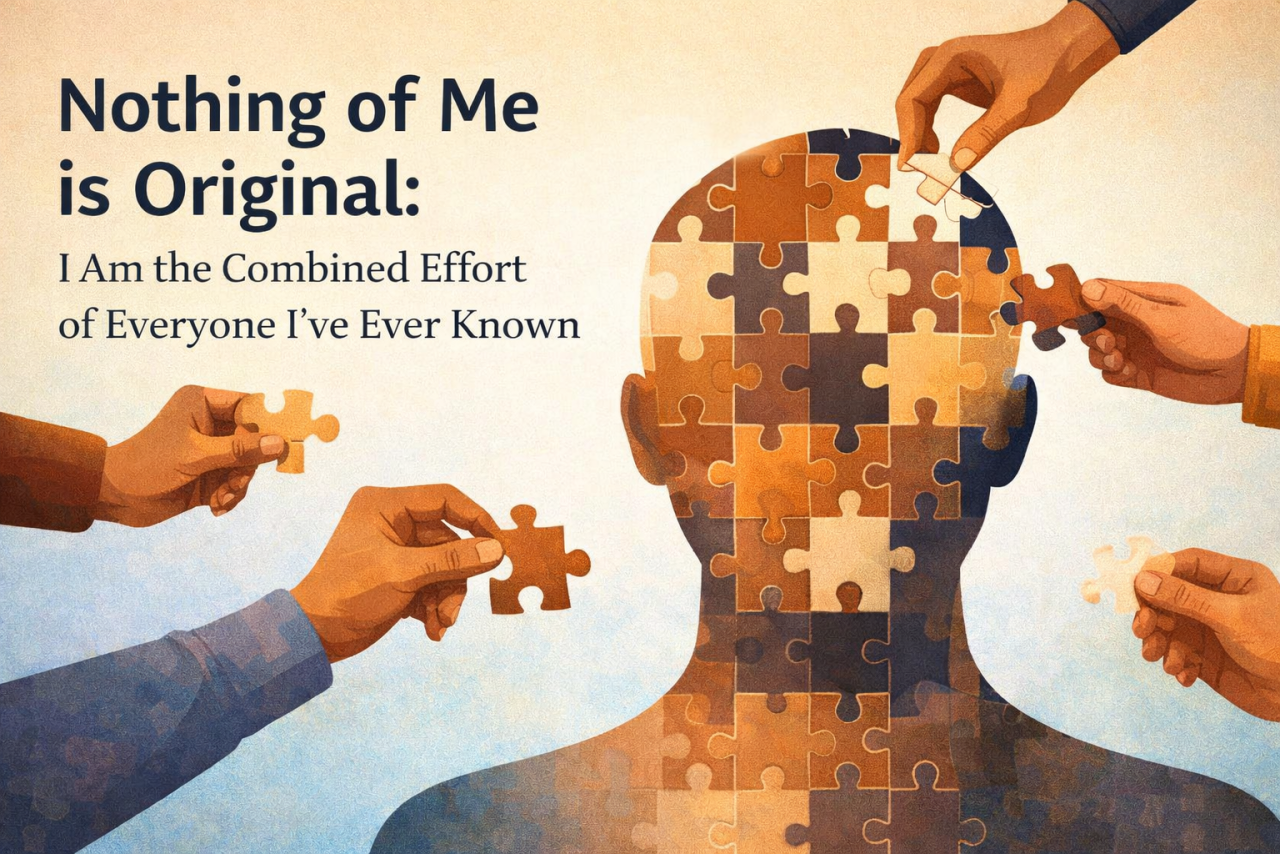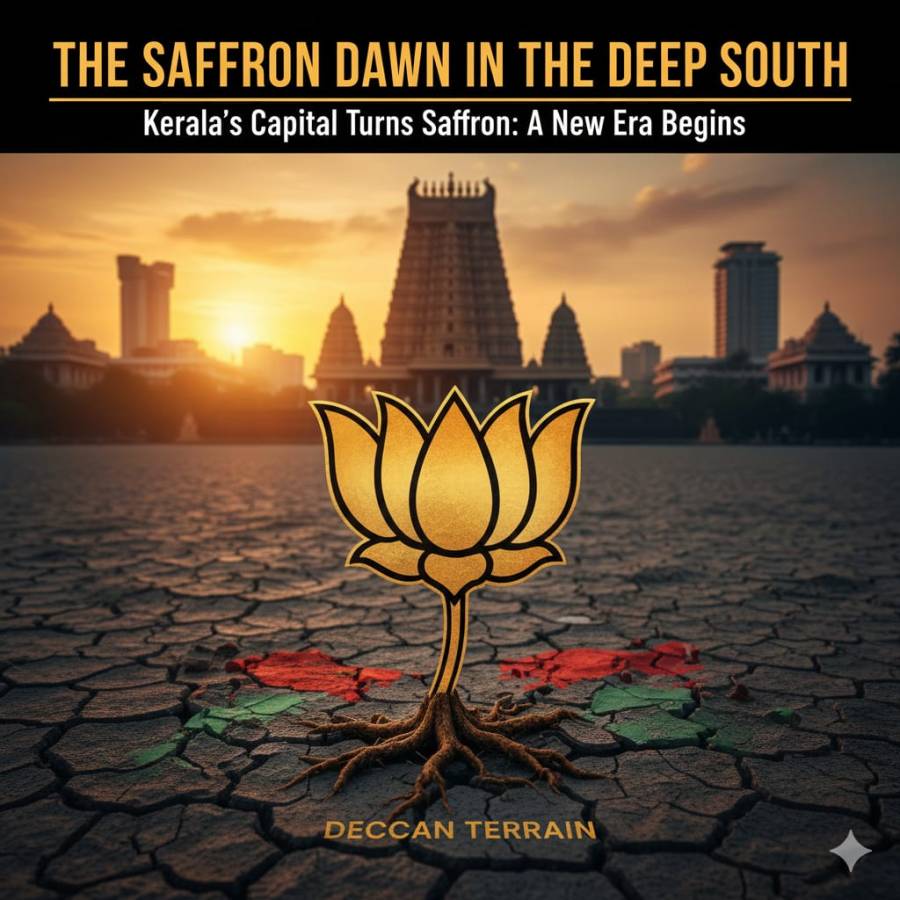
The political landscape in Bihar is witnessing a significant shakeup as Tej Pratap Yadav, the elder son of RJD chief Lalu Prasad, formally launched his own party, the Janshakti Janata Dal (JJD), ahead of the crucial Assembly elections. In a bold declaration that signals a decisive split from his family’s political vehicle, Yadav announced his new party will contest the polls, employing the "black-board" as its election symbol.
A Political Schism
This move is the culmination of years of underlying tension and a definitive break from the Rashtriya Janata Dal. Tej Pratap was formally expelled from the RJD for six years, on May 25, under charges of "irresponsible behaviour" and "violation of family values." His current assertion, that he is prepared to fight a "long battle" and fully dedicated to the "overall development of Bihar," positions the JJD as an entity fundamentally distinct from his parental party. He stated unequivocally that the JJD’s aim is to "bring about complete transformation in Bihar and create a new system."
Ideology Over Dynasty
In a clear strategic effort to establish an independent ideological foundation, the JJD's official poster features five towering figures of Indian politics: Mahatma Gandhi, B.R. Ambedkar, Ram Manohar Lohia, Jayaprakash Narayan, and Karpoori Thakur. By anchoring the party’s identity to these national figures of social justice and democratic socialism, Tej Pratap is attempting to claim the moral and intellectual high ground.
Crucially, the poster omits any images of his father, Lalu Prasad, or mother, Rabri Devi. This calculated omission serves as a powerful public message that the JJD intends to carve out its political space based on its principles, not solely on dynastic inheritance. The party’s core slogan reinforces this mission: "Janshakti Janata Dal, social justice, social rights, complete change."
Contesting the Established Order
The JJD's ambition is grand as to deliver "the power of the people, the rule of the people" and ensure Bihar's development. With the party officially launching on September 26, it presents an immediate challenge to the established political ecosystem. While Tej Pratap’s personal magnetism and familial connection may draw some attention, the JJD must now translate its rhetoric of "complete transformation" into tangible voter support.
The party will have to fight hard to prove it is a viable alternative and not simply a manifestation of internal family discord, thereby testing the true depth of Tej Pratap Yadav's independent political influence.





















